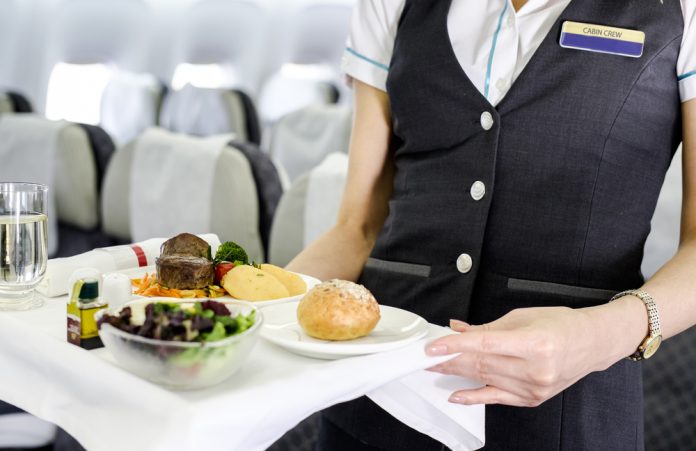Behind the scenes of every successful airline operation lies a network of dedicated suppliers, playing a crucial role in providing the essential components and services that keep the aviation industry soaring. From aircraft parts to inflight amenities, airline suppliers are integral partners in ensuring the safety, efficiency, and comfort of air travel. This article delves into the multifaceted world of Airline supplier, exploring their diverse contributions and the impact they have on the aviation landscape.
- Aircraft Manufacturers:
At the core of the airline supply chain are aircraft manufacturers. Giants such as Boeing, Airbus, and Embraer produce the aircraft that form the backbone of airline fleets worldwide. These manufacturers work closely with airlines to design and build aircraft that meet specific operational requirements, incorporating cutting-edge technology and innovations to enhance performance, fuel efficiency, and passenger comfort.
- Aircraft Component Suppliers:
Beyond the aircraft itself, a vast network of suppliers provides the intricate components that make up the complex machinery of modern airplanes. This includes avionics, engines, landing gear, and other critical systems. These suppliers contribute to the reliability and safety of flights by manufacturing high-quality, precision-engineered parts that undergo rigorous testing and certification processes.
- Maintenance, Repair, and Overhaul (MRO) Services:
Ensuring the continued airworthiness of aircraft requires specialized MRO services. MRO suppliers offer maintenance, repair, and overhaul services for various components, including engines, avionics, and landing gear. Airlines rely on MRO providers to conduct routine maintenance checks, address wear and tear, and perform major overhauls, contributing to the overall safety and longevity of their fleets.
- Inflight Services and Catering Suppliers:
Enhancing the passenger experience involves a network of suppliers providing inflight services and amenities. These include catering companies that prepare and supply meals for passengers, as well as providers of inflight entertainment systems, Wi-Fi services, and amenity kits. In an increasingly competitive market, airlines collaborate with these suppliers to offer a diverse range of services that cater to the preferences and expectations of modern travelers.
- Ground Handling and Airport Services:
Efficient ground operations are essential for the smooth functioning of airlines. Ground handling suppliers offer services such as baggage handling, aircraft cleaning, and refueling. Additionally, suppliers providing airport infrastructure, such as runway maintenance and air traffic control systems, play a vital role in ensuring the overall efficiency and safety of air travel.
- Fuel Suppliers:
Fuel is a major operational cost for airlines, and fuel suppliers play a crucial role in providing a reliable and cost-effective supply of aviation fuel. Airlines enter into strategic partnerships with fuel suppliers to secure consistent fuel sources at competitive prices, optimizing their operational costs and environmental impact.
- Technology and Software Solutions:
In the digital age, technology and software suppliers contribute significantly to the efficiency of airline operations. This includes providers of flight planning software, reservation systems, and communication solutions. Airlines leverage these technologies to streamline processes, enhance communication, and provide passengers with seamless travel experiences.
- Environmental and Sustainability Partners:
As the aviation industry increasingly focuses on sustainability, suppliers dedicated to providing environmentally friendly solutions become essential partners. This includes manufacturers of fuel-efficient aircraft, suppliers of sustainable aviation fuels, and providers of eco-friendly materials for aircraft interiors. These suppliers play a pivotal role in helping airlines reduce their carbon footprint and adhere to evolving environmental regulations.
Conclusion:
The intricate web of airline suppliers forms the backbone of the aviation industry, ensuring that airlines can operate safely, efficiently, and competitively in a dynamic global landscape. As the industry continues to evolve, the collaboration between airlines and their suppliers becomes increasingly vital, driving innovation, sustainability, and the continual improvement of the passenger experience. In the vast skies of aviation, the contributions of these suppliers remain indispensable, shaping the present and future of air travel.






